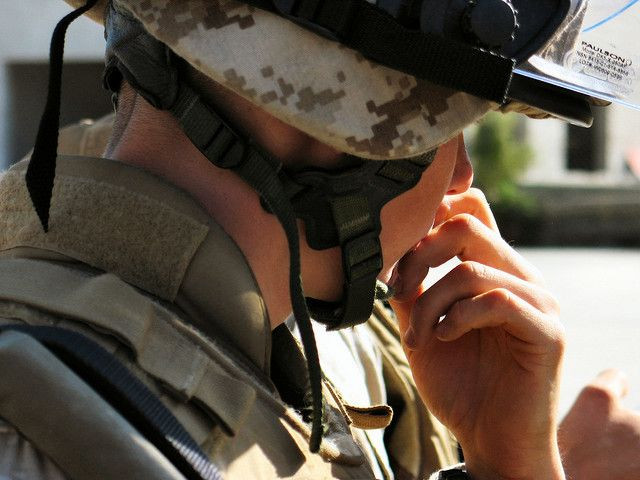Nail Biting May Be a Sign of Obsessive Compulsive Disorder

For many, biting your nails may seem like just an ugly habit. Recently, psychiatrists are changing the way we will view nail biters. By next year the American Psychiatric Association's Diagnostic and Statistical Manual of Mental Disorders (DSM) will classify nail biting as an obsessive compulsive disorder (OCD).
A harmless habit such as nail biting can become hazardous to one's health. According to the Mayo Clinic, nail biting is not only bad hygiene, but also can contribute to skin infections, increase the risks of colds and other infections as well as spread germs from the nails and fingers.
Obsessive compulsive disorder is a variety of anxiety disorder. OCD traps individuals in an endless cycle of repetitive thoughts and behavior. Many who suffer from OCD are plagued by habitual, stressful thoughts and fears that are hard to control. This then forces a need to perform certain rituals or routines as a means to maintain one's calm over the situation.
For an obsessive nail biter, the behavior is triggered by not the nail itself but outside factors such as driving or feeling stressed out.
In previous yearsm the DSM categorized nail biting as "not otherwise classified."
However that will change starting next year. Individuals, who habitually bite their nails, compulsively wash their hands or line their shoes up a particular way, will be informed they may suffer from OCD.
The Mayo Clinic suggests if you're concerned about nail biting; consult your doctor or a mental health provider. To stop you from nail biting, you might try:
- Avoiding factors that trigger nail biting, such as boredom
- Finding healthy ways to manage stress and anxiety
- Keeping your nails neatly trimmed or manicured
- Occupying your hands or mouth with alternate activities, such as playing a musical instrument or chewing gum
For more serious cases, behavior therapy may be necessary.



























